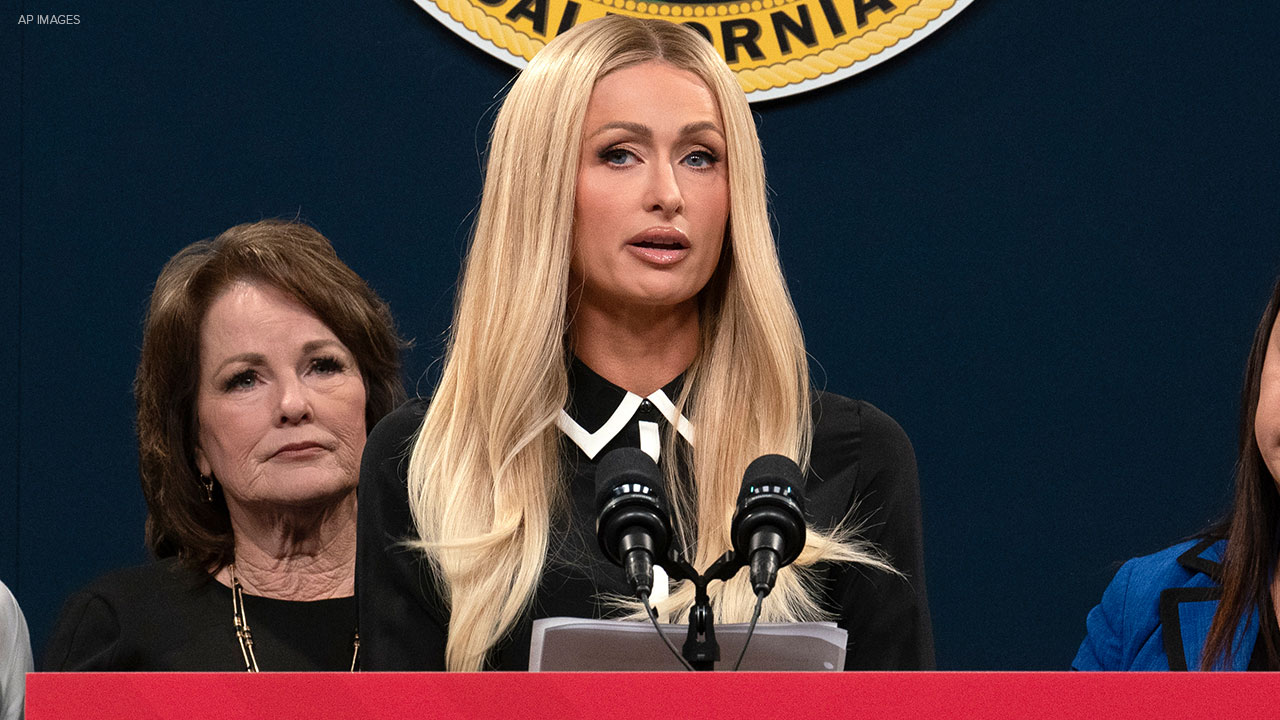COVID-19 takes toll on adolescent mental health, but they can bounce back with right support

CHICAGO (WLS) -- The COVID-19 pandemic and its isolation has taken a toll on youth mental health, but experts say with the right support they can bounce back.
Chicago and Cook County's new stay-at-home advisories are just the next indicator that things are not returning to normal for adolescents who may be reeling from the pandemic. Your teen may be hurting more than you think over what's happening, but can come back with the right support.
The socialization inherent in school and extracurricular activities is a life force at this stage of adolescent development, and to have it disappear in the pandemic is wrenching.
"If you have tried to look at a screen for six hours a day and then try and go do your homework, it's ridiculous. The eyestrain, the mental strain of doing that is not going to be helpful in the learning process," said Dr. Louis Kraus, chief of child and adolescent psychiatry at Rush University Medical Center.
Kraus said he's seeing more clinical depression and anxiety due to social isolation among adolescents. Sleep cycles are upside down, there's greater irritability and inability to manage the activities of daily living. The key, he said, is to pick your battles.
"You want to keep a sense of regularity and the better you can do that as a parent, the better your child will be," Kraus said.
Everyone needs to help out as well.
"Kids have needed to be psychiatrically hospitalized, and these are with the typical kids that are not even in special education," Kraus explained. "It is even more of a struggle for those kids in special education."
IN a recent policy paper, the American Academy of Child and Adolescent Psychiatry reiterated "mental health is an intrinsic part of overall health and well-being."
"The best that you can do as a parent is to allow an open platform for your kids to talk about what is bothering them and not to turn a blind eye. They are frustrated or short tempered if they are irritable," Kraus said.
If your child or teen is having issues, you can check with your pediatrician for resources. AACAP emphasized that "With a bit of care, families will emerge from these times stronger than ever, and well prepared for the future."









